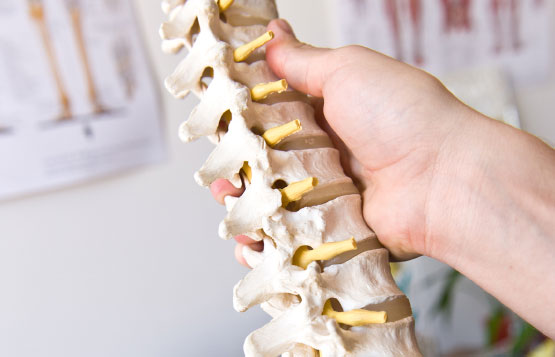
Osteoporosis, the disease that causes bones to become weak, brittle and prone to breaking, affects 10 million Americans. Read these tips to help keep your bones healthy and strong.
Build your bone bank
Up to age 30, your body is building the bone mass for the rest of your life. After 30, you begin losing that mass.
Know your risks
People with osteoporosis in their family have a genetically higher risk of fractures. Asian and Caucasian women, thin or small-framed women, smokers and heavy drinkers also have higher risks. So do people with Crohn’s disease, celiac disease and other conditions that complicate nutrient absorption. Reduce the risks within your control and take precautions to compensate for the rest.
Feed your bones
Low calcium intake plays a major role in osteoporosis, so feed your bones calcium daily. Milk is a great choice. Lactose-intolerant? Lactaid is real milk with the lactose removed. Ensure that other milk alternatives are fortified with calcium and vitamin D.
Give your bones a daily workout
Studies have shown the importance of physical activity in building bone mass. From childhood to late adulthood, spending less time on your fanny and more time on your feet can significantly reduce the risk of osteoporosis and fractures.
Check your meds
Corticosteroids interfere with bone building. Medications for seizures, depression, acid reflux and cancer can also reduce bone density. Ask your doctor or pharmacist about the potential effects of your medications on your bones, and what you can do to protect yourself.


